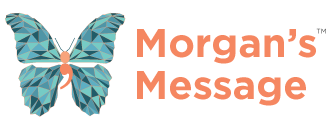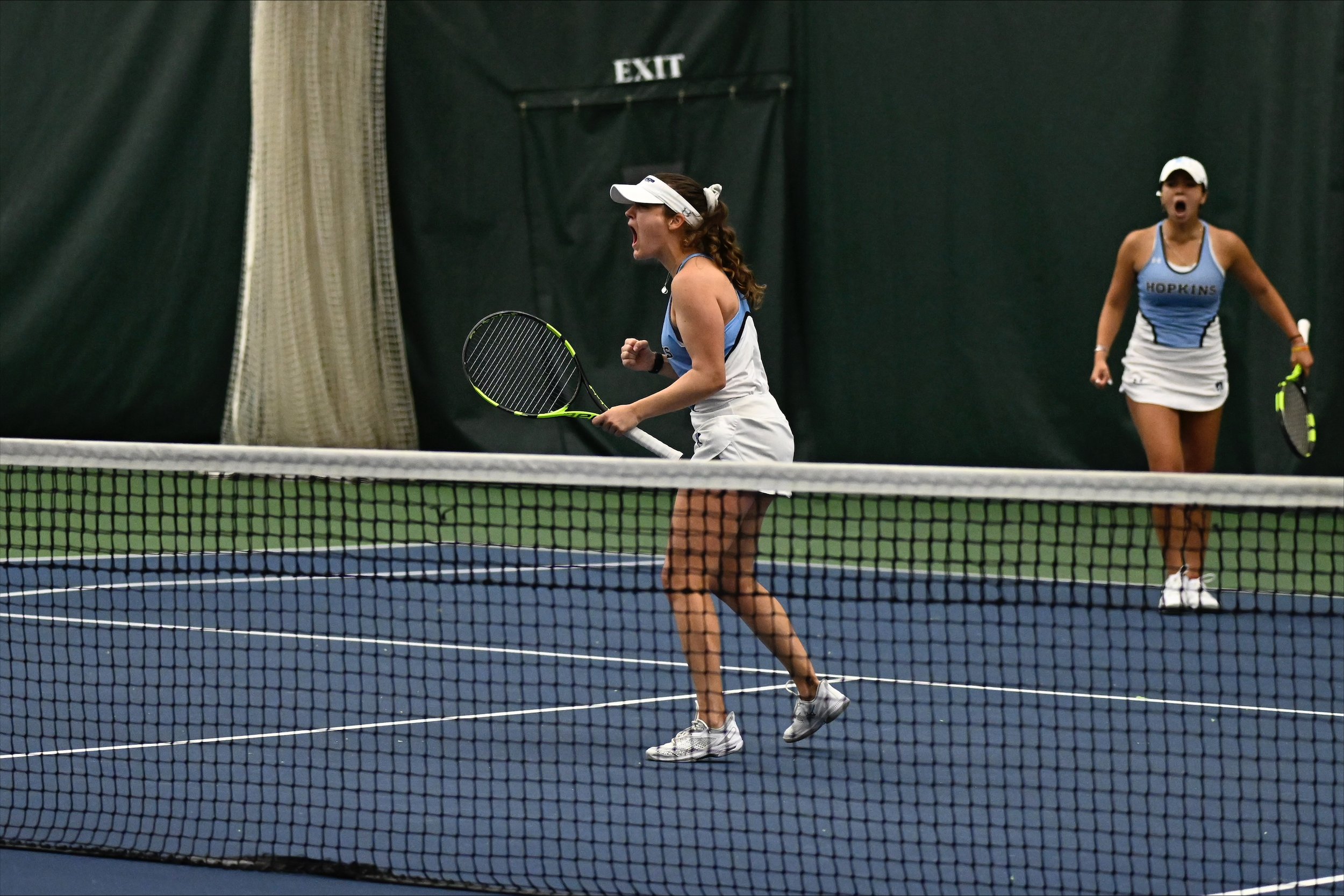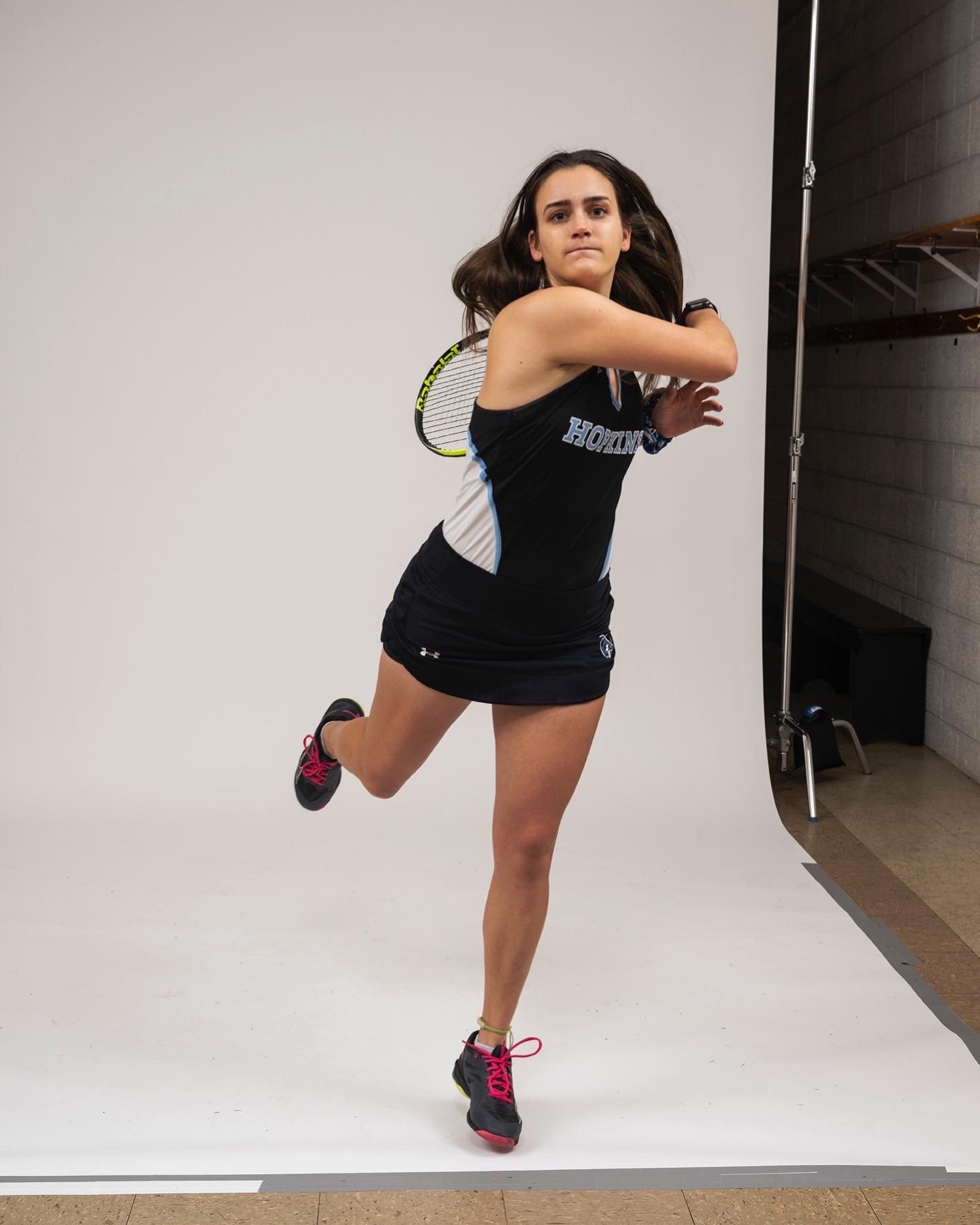Navigating Through the Waters of Anxiety: From Embarrassed to Empowered
By Mary Beth Hurley | IG: @maryelizabethhurley
My mental health journey started in college during a time in my life when school and tennis became especially overwhelming. It was my junior year of collegiate tennis at the Division 1 level and we were heading up to National Indoors, one of the biggest tennis tournaments in the season. I remember before the match not sure if I would play in the lineup and what to expect during the match. It was about 30 minutes into the match and I remember walking to the change over sitting down before the coach came to the bench. I just remember my body started getting jittery, my hands started shaking, and I was having trouble breathing. The best way to describe it was a feeling of someone stabbing me in the throat and I felt like I was going to die. At the time I was terrified, unable to express in words what was happening. After going to the ER I was diagnosed with generalized anxiety disorder and major depressive disorder. My world shook in that moment. I felt I let my teammates down and everyone who relied on me to come through. Going into my senior year things started to improve until I had a career-changing knee injury during practice that required surgical intervention and 8 months of physical therapy. After starting to walk and run again I was on the way to recovery and then the COVID-19 pandemic hit. With the world shutting down, isolation and anxiety became heightened eventually leading me to develop a severe eating disorder. During this time I felt alone and weak because I thought of myself as someone who can just toughen it out. However, I knew I needed help and accepting the help was the hardest part. Once I got help, a slow recovery was started and I got back to playing the sport I love healthy and with an improved love for the game. As I gained the tools to manage my mental health I started feeling empowered by what happened instead of broken by it. There is such a bad stigma around mental health especially in college athletics because athletes are seen as having it all. There is often an assumption that athletes should have it all together and going through depression or anxiety is seen as weak. The truth is athletes are human and it's okay to not be okay. Many times during my journey in mental health I have felt very alone however I have met so many other athletes who have had similar experiences. The biggest thing I have learned through what I went through is two things: your pain is your power and the recovery may be long but you will get there so don't lose hope even in the darkest of times. Reach out, seek help, and remember you are not alone.




